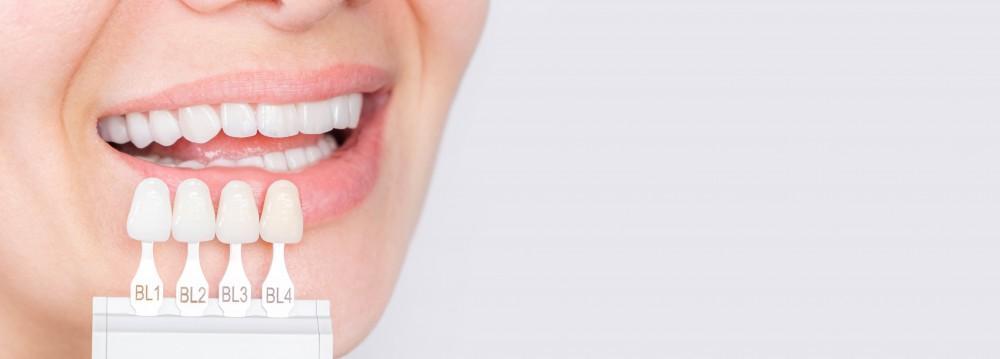Under normal circumstances, your permanent teeth come in over the course of five years or so, usually between the ages of 7 and 13. A few years later, between the ages of 17 and 21, your third molars, or wisdom teeth, make their appearances, sometimes quietly, sometimes with considerable disruption.
Should your child’s or your wisdom teeth become problematic, Drs. Negar Tehrani and Chang Yi, as well as the rest of the expert dental team here at McLean Aura Dentistry, have considerable experience with tooth extractions.
If you’re wondering whether it’s no longer wise to hold onto your wisdom teeth, here’s a look at a few of the scenarios in which extraction is the best solution for your dental health.
The role of your wisdom teeth
We often casually talk about wisdom teeth extraction, which may lead you to believe that these teeth are, in fact, quite expendable. Evolution (and experience) seems to back this up as wisdom teeth are slowly disappearing and many people are congenitally missing these teeth entirely.
Historically, wisdom teeth played a role in helping humans to grind tough food. As we learned to cultivate and cook our food, our jaws became smaller since the workload our teeth once bore no longer existed.
In other words, you won’t miss your wisdom teeth one bit if they need to be extracted.
When wisdom teeth are problematic
This shrinking of our jawbones is one of the primary issues when it comes to problematic wisdom teeth — there’s simply not enough room for them.
If you or your child has wisdom teeth that are crowding your existing teeth or they’re going to present future problems since you can’t easily access them for cleaning, it may be a good idea to have us remove them.
Another common issue with wisdom teeth is impaction, which means the tooth is partially or completely buried in your gums and jawbone. Impactions of this kind can be painful and they can also pose problems down the road for your overall dental health.
If your wisdom teeth do emerge, but at an angle, this can also lead to complications in your mouth, and you should consider extraction.
To fully understand when extraction is the best path forward, let’s take a look at the problem from another angle. If your wisdom teeth come in straight and true, don’t affect your other teeth, and you can easily clean them, we suggest you let them be. If your wisdom teeth don’t meet these three criteria, then they are likely more of a liability than an asset.
Extracting your wisdom teeth
Should you decide that tooth extraction is best for your dental health, we make the procedure as quick and painless as possible. We can usually remove all of the problematic teeth in one visit, and we provide you with ample anesthetic so that you won’t feel a thing.
Afterward, you may experience a few days of soreness, which you can easily remedy with over-the-counter medications. Rest assured, we supply you with complete aftercare instructions.
Ultimately, the first step in deciding whether or not to remove your wisdom teeth is to set up an appointment at our office in McLean, Virginia. Simply click here to schedule your visit.




